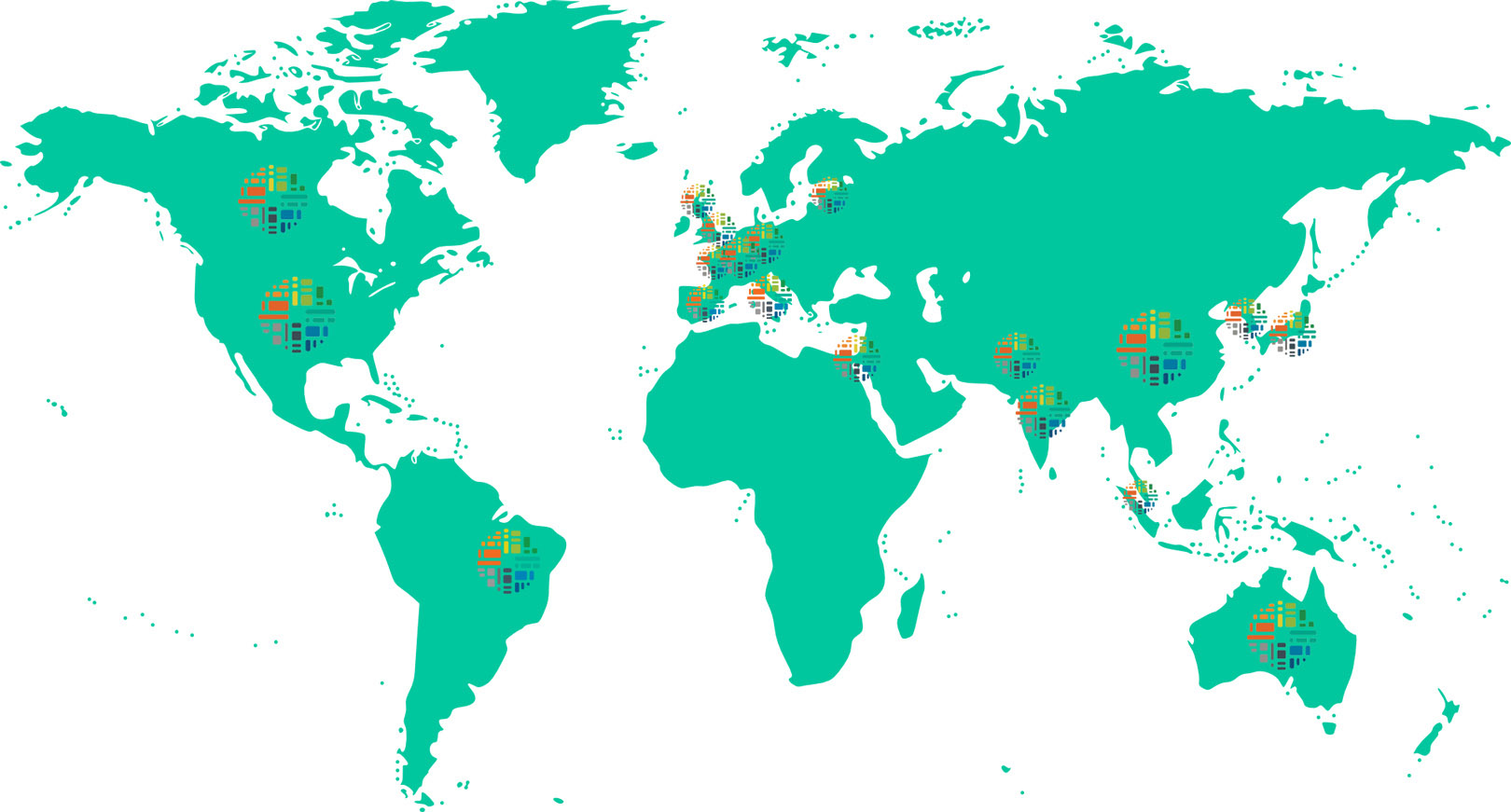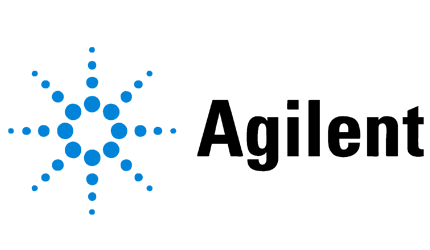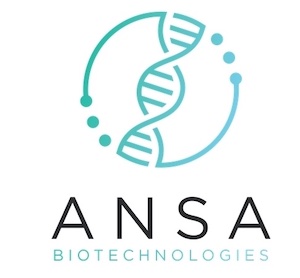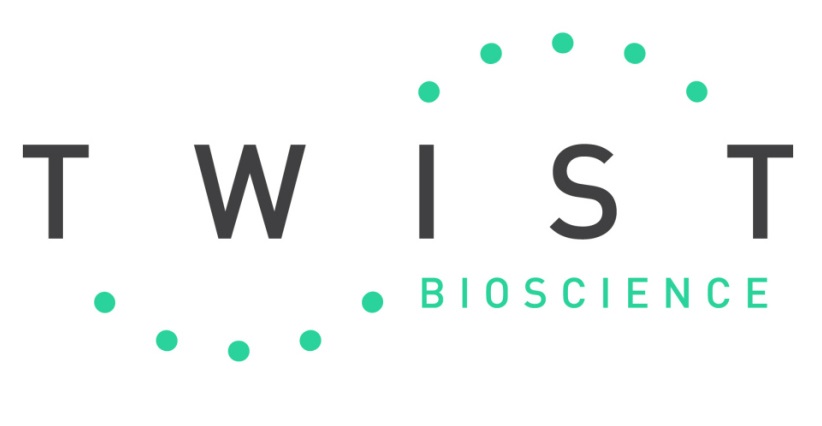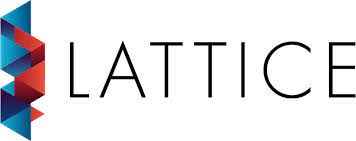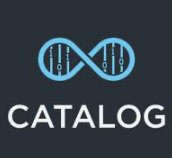Keynote Speakers:
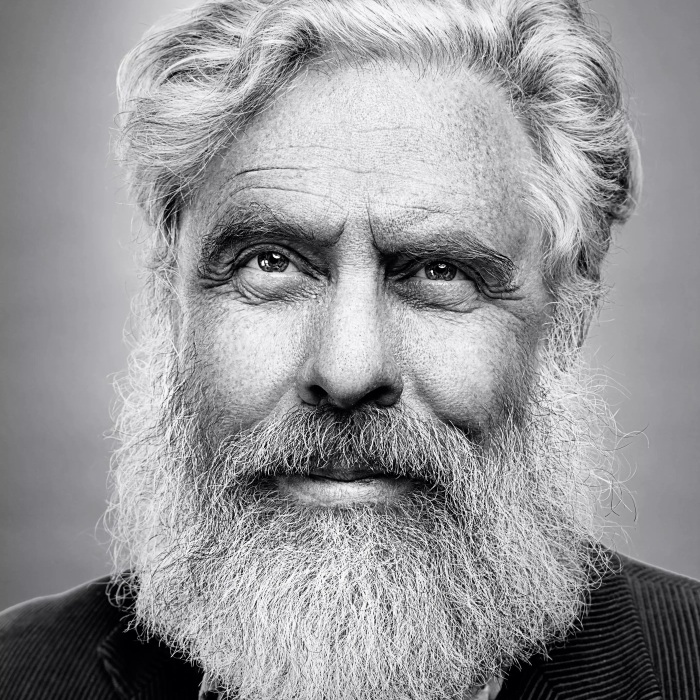
George Church
Harvard Medical School
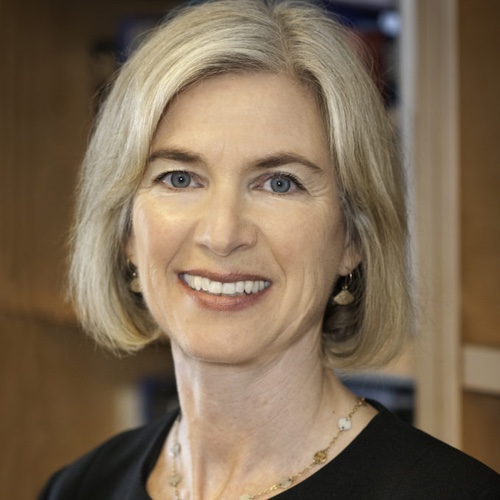
Jennifer Doudna
UC Berkeley
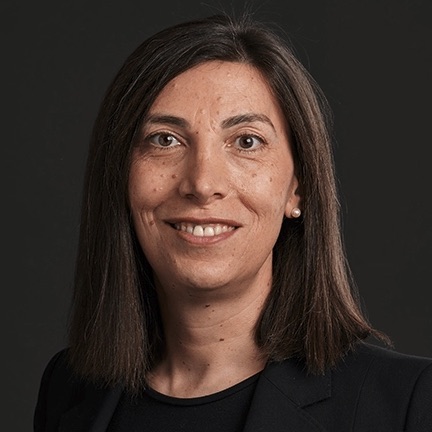
Emily Leproust
Twist Bioscience
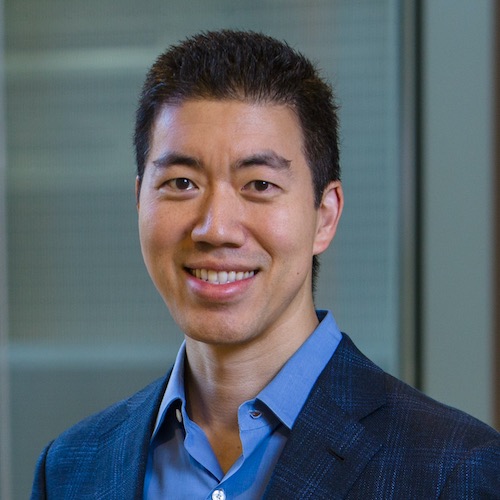
David Liu
Harvard & The Broad Institute
Scientific Agenda
All times listed in Eastern Standard Time (EST)
Day 1: Thursday, October 21
10:30 Introduction and Welcome Remarks
Amy Cayne Schwartz, J.D., President of GP-write
Session 1: Genome Design & Foundries
Moderator: Farren Isaacs, Ph.D., Yale University
10:40 Keynote Presentation: Multiplex Writing & Editing Genomes & Epigenomes
George Church, Ph.D., Harvard Medical School
11:30 The Role of Biofoundries in Genome Engineering
Paul Freemont, Ph.D., Imperial College
12:00 Genome Project-write’s Next-Generation Genome Design Platform
Douglas Densmore, Ph.D., Boston University
Session 2: Lightning Talks
Construction of a Synthetic 57-Codon E. coli and Tools for Microbial Genome-Scale Recoding
Akos Nyerges, Harvard Medical School
Evaluation of serine-integrases activity as genome editing tools in the synthetic minimal cell Mycoplasma mycoides JCVI-Syn3B
Marco de Oliveira, National Institute of Science in Synthetic Biology/EMBRAPA
Nanofluidic sequence-specific sorting of single DNA molecules:
The autonomous retrieval of specific DNA sequences from a heterogeneous pool of single-stranded DNA molecules
Hatem Mohamed Gaber Abdelrahman, Zewail City of Science and Technology
Targeted editing and evolution of repetitive genetic elements by filtered editing
Felix Radford, Yale University
Synthetic genomes reveal coupling between transcriptional neighbourhood and transcript isoform expression
Amanda Hughes, EMBL
Development of RNA Biosensors to Detect Cancer Biomarkers Using Cell Free System
Milca Rachel da Costa Ribeiro Lins, Sao Paulo State University (UNESP)
Computational design advances (GPW-CAD)
Hugo Lins de Albuquerque Vieira, Department of Genetics and Morphology, University of Brasília
Mammalian Genome Engineering
Ralf Kuehn, Max-Delbrueck-Center for Molecular Medicine, Berlin, Germany
1:00 Lunch Break [Poster Sessions and Sponsor Booths]
1:30 Poster Sessions and Sponsor Booths
Session 3: Eukaryotic & Mammalian Genome Engineering
Moderator: June Medford, Ph.D., Colorado State University
2:00 Engineering Next-Generation T Cells for Cancer Immunotherapy
Yvonne Chen, Ph.D., UCLA
2:30 Mammalian Cell Design Using Synthetic Biology
Wilson Wong, Ph.D., Boston University
3:00 Driving epigenetic centromere establishment to facilitate mammalian chromosome engineering
Ben Black, Ph.D., University of Pennsylvania
3:30 Dissecting phenotypes: lessons from functional genomics and synthetic biology
Lars Steinmetz, Ph.D., Stanford University
4:00 Coffee Break and Posters
4:30-5:15 Keynote Presentation: The Chemistry of CRISPR for Genome Editing and Detection
Jennifer Doudna, Ph.D., UC Berkeley
5:30 Day 1 Closing Remarks and Adjourn
.
Day 2: Friday, October 22
Session 4: Synthetic biology and genome engineering technologies
10:00 Welcome Back Remarks
Moderator: Junbiao Dai, Ph.D., Shenzhen Institute of Advanced Technology
10:10 The Journey with Gene Editing Technologies - Xenotransplantation & Cell Therapy Research
Luhan Yang, Ph.D., CEO and Co-Founder of Qihan Biotech
10:40 Designing Biology for Health and Sustainability
Pam Silver, Ph.D., Harvard Medical School
11:10 Controlling gene expression in Bacteria with CRISPR-Cas systems
David Bikard, Ph.D., Pasteur Institute
11:40 Organs on Chips and Future Medicine
Jianhua Qin, Ph.D., Dalian Institute of Chemical Physics, Chinese Academy of Sciences
Session 5: Lightning Talks
Synthetic Biology Software
Matheus de Castro Leitão, Institute of Biological Sciences, University of Brasilia, Brazil
Synthetic Spidroin Production from Parawixia bistriata by TXTL system
Valquiria Michalczechen, National Institute of Science in Synthetic Biology/EMBRAPA
Future Organisms: Synthetic Genomics and Responsible Research and Innovation in the UK, the USA and Japan
Robert Smith, University of Edinburgh
Genetic Code Engineering Metrics and Biosafety
Markus Schmidt, BioFaction
Re-write the Yeast Genome for Customised Biosynthesis Control
Xinyu Lu, Imperial College
Synthetic Biology In Pursuit Of The Minimal Cell Cycle
Anastasiya Malyshava, Imperial College
12:30-1:00 Biosecurity Roundtable: Sponsored by DNA Script
12:30-1:30 Poster Sessions, Sponsor Booths
Keynote Presentation
Moderator: Virginia Cornish, Ph.D., Columbia University
1:30 Keynote Presentation: Base Editing and Prime Editing: Precision Chemistry on the Genome Without Double-Strand DNA Breaks
David Liu, Ph.D., Harvard University and The Broad Institute
Session 6: Communities and Ethics in Genome Engineering
2:30 Building Microbial Communities to Understand Community Dynamics and Functions
Ophelia Venturelli, Ph.D., University of Wisconsin, Madison
3:00 Ethical and Regulatory Considerations of Writing Genomes
Barbara Evans, J.D., Ph.D., University of Florida
3:30-4:00 Break and Sponsor Booths, Poster Sessions
4:00 Keynote Presentation: Writing the Future with Synthetic DNA
Emily Leproust, Ph.D., Twist Bioscience
5:00 Closing Remarks and Adjourn

